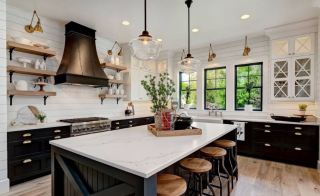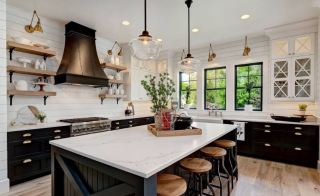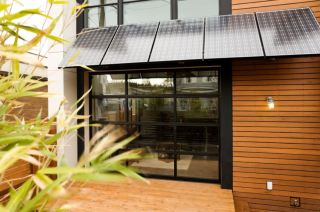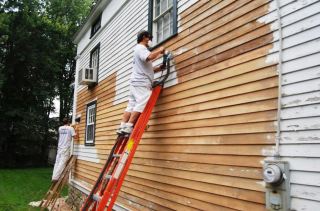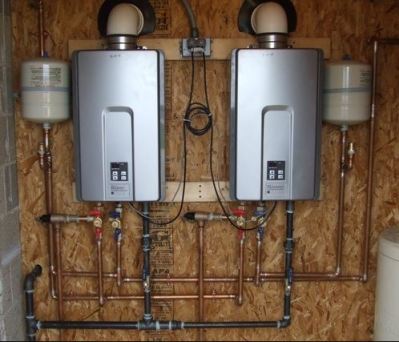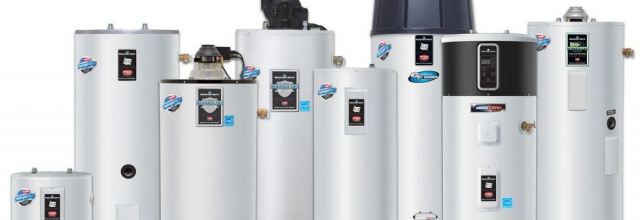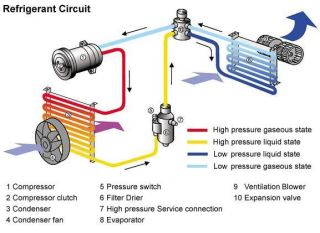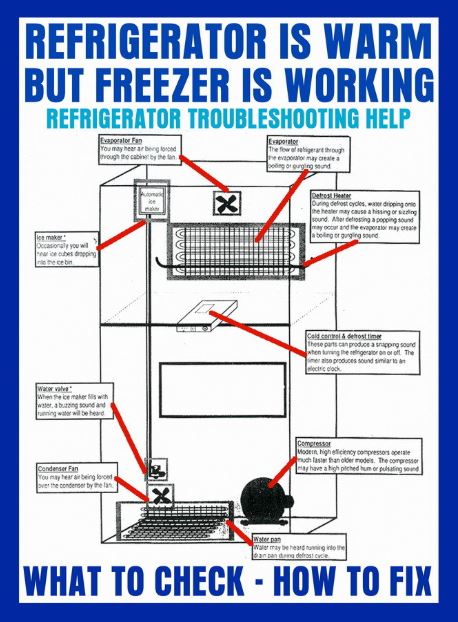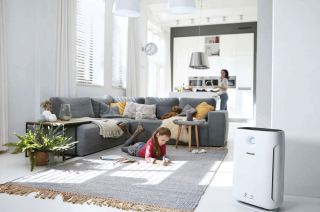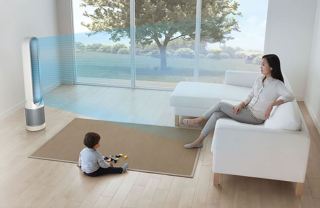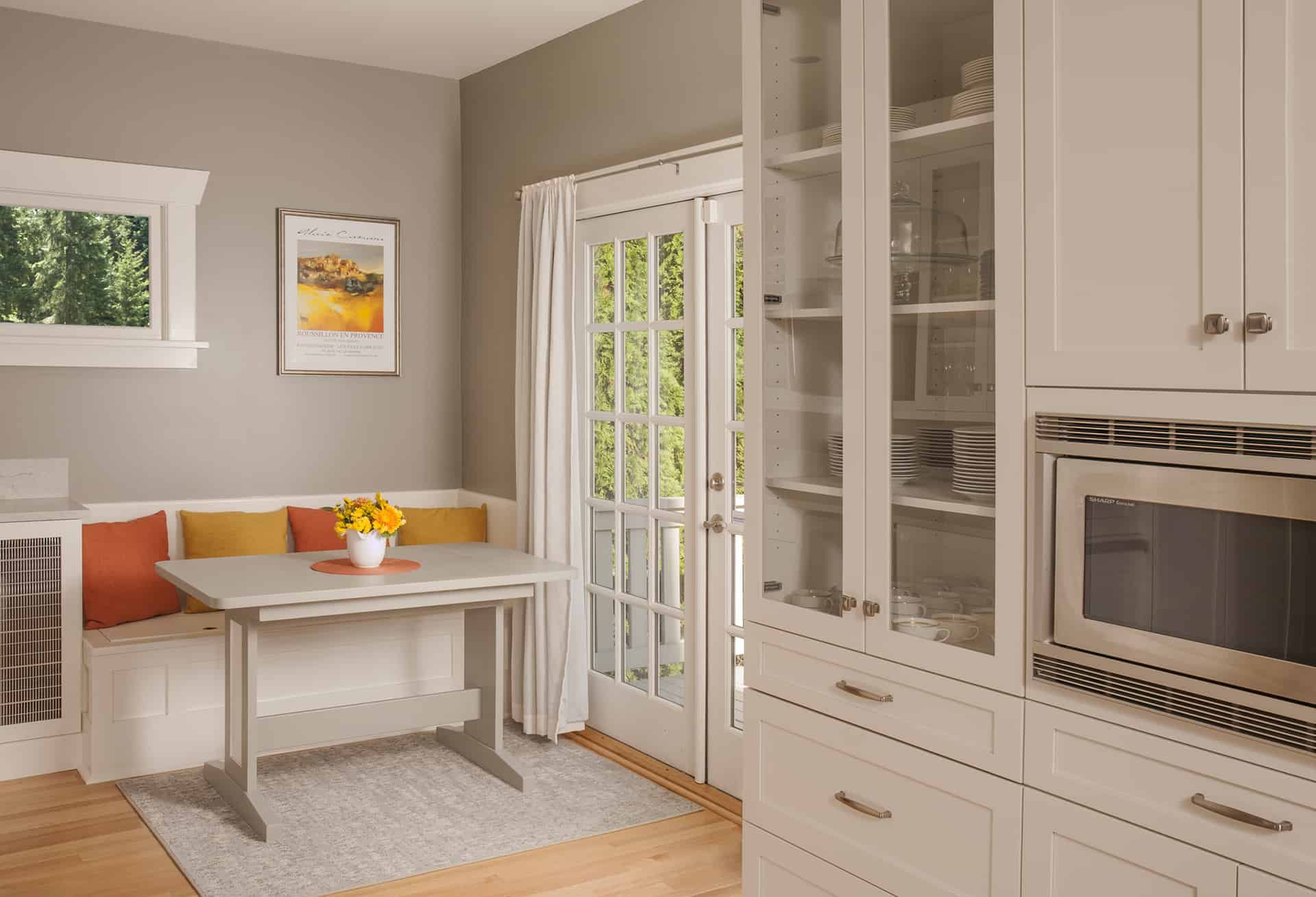If you’re planning to sell your property or mortgage your home, you’ll definitely want to get the best value for it. Inspectors, dealers, and agents are actually very keen on it. They want to make sure that your house is in tip top shape before you get a good appraisal.
Some people would hire property consultants or agents to help them work on increasing the value of their home. But there are actually some things that you can work on by yourself before you even invite a professional. Here are five proven ways to increase the value of your home:
1. Upgrade the kitchen
One of the first things that meticulous eyes check when inspecting a property is the kitchen. It is tagged by real estate exerts as the number one upgrade which can add the greatest value to your home.
No matter what kind of feels your house has, modernizing the kitchen would really make a huge difference to its value. And this doesn’t only mean adding modern appliances. You can work on the paint color, the cabinets, and other fixtures. Think sleek and simple. The trend today is gearing towards minimalist and functional.
2. Remodel the bathrooms
Running second to the kitchen is the bathroom. A lot of property appraisers are also very particular in checking bathrooms. Before beautifying it, make sure that everything is up an running- no leaky faucets, or clogged drains.
The bathroom is actually one of the easiest spaces to remodel. You can keep the fixtures and just play with the tiles and the paint color. Pro tip: creating a relaxing and spa vibe in the bathroom can do wonders to your home’s value.
3. Make it low-maintenance
A lot of buyers are now very particular about the maintenance requirements of a home. Even small tools to make things in the house easier and more efficient could actually be a huge plus factor.
Inspect the whole house and make the necessary repairs. Then, you can consider installing devices or things that will make the house low maintenance. For instance, a built in trash bin on your kitchen counter will make cleaning up after cooking much easier. Keeping intricate designs on walls and other parts of the house to a minimum is also a plus.
4. Install energy-saving features
Another new trend in the real estate market is energy efficiency. Buyers do not only take a look at the aesthetics. They are also keen on function- think environment-friendly and energy-efficient.
Adding more windows and allowing more natural light to come in is one of the key things to consider when trying to save energy. A good heating and cooling system should likewise be considered. Replacing bulbs with LED lights and upgrading to energy-saving appliances would also help.
5. Repaint the house
Repainting is one upgrade that’s been tried and tested through time. Even if you don’t make any major structural changes, a new color-scheme could give your home’s value a boost.
The current trend in paint is leaning towards the neutral tones. After all, timeless and classic never fails.
Five Proven Ways to Increase the Value of Your Home syndicated from https://epichouseandhome.blogspot.com

